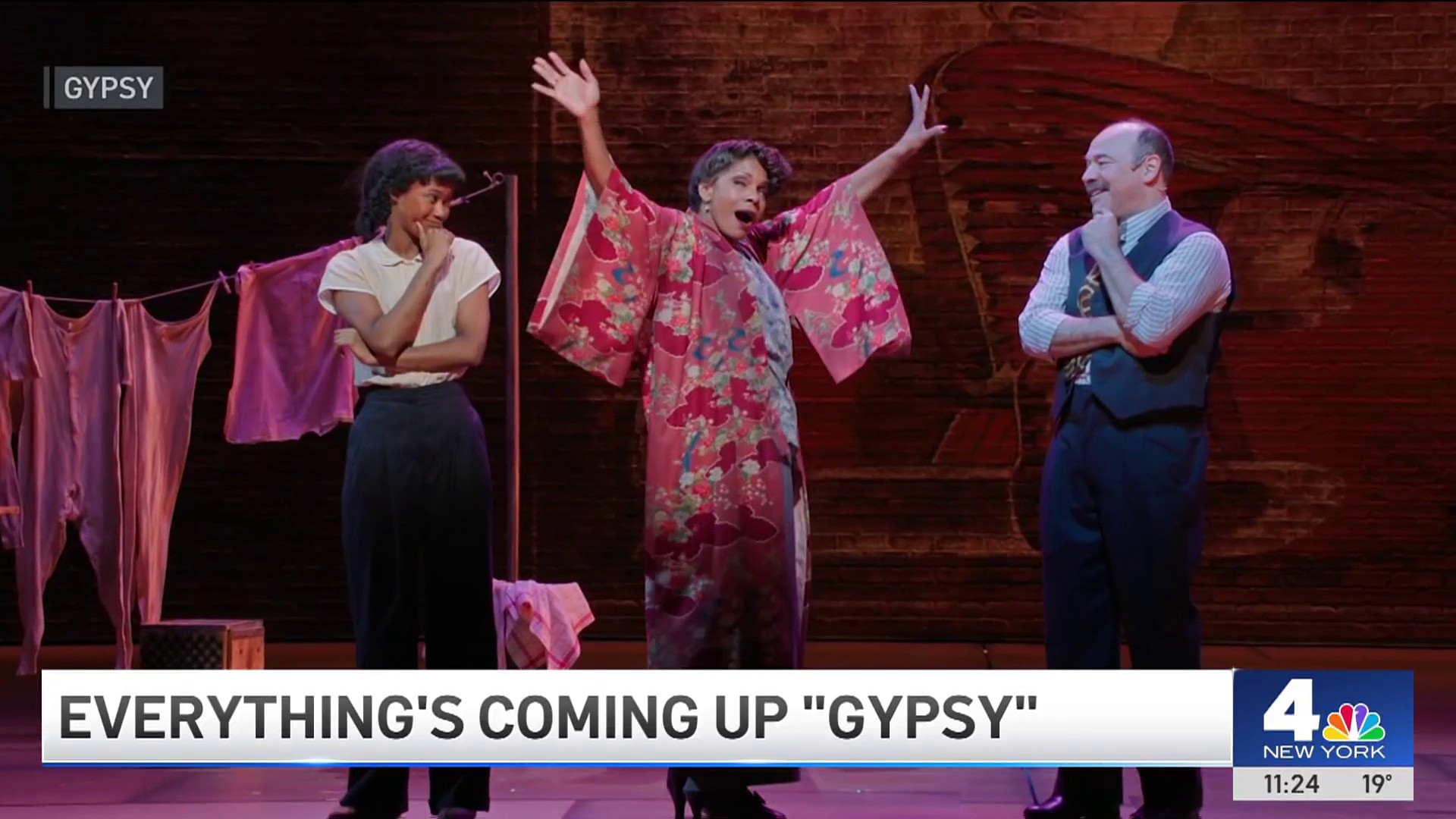Nora Ephron’s “Lucky Guy," which has Tom Hanks making his Broadway debut at the Broadhurst Theatre, weaves together two tales during its riveting two-plus hours. First is the “messy, messy” life story of protagonist Mike McAlary, an often-respected, occasionally despised newspaper columnist who left his mark on the city’s tabloid scene in the 1980s and ’90s.
More broadly, “Lucky Guy” is about a changing industry which the late playwright, a New York Post reporter at the start of her own career, depicts with subtlety in a story that’s set across 13 years and ends just before the Internet uprooted everything. In a testosterone-heavy cast, the play’s one female supporting actress does double duty, first as a city desk reporter whose every third word has four letters, then, in scenes set years later, as an all-business, profanity-free professional whose go-ahead on one infamous New York City story leads to the proudest moment of McAlary’s career.
Oscar-winner Hanks, by virtue of reputation, has won over the audience even before he arrives in the second scene, but it doesn’t hurt that he enters as the underdog, a hard-driving Queens reporter with dreams of covering the Big Island for the then-powerful “respectable tabloid” New York Newsday. A visit to the Manhattan office at the end of his outer-borough day shift on a Friday leads to a late-night scoop, and McAlary’s career is off. Shortly, there are loud nights at bars with singing (of one editor, it’s said: “If you held the guy up to the light, you could see the olive”) and fat contracts being negotiated. All that, plus you could smoke in the newsroom.
The first-rate cast assembled by revered director George C. Wolfe includes Maura Tierney, as McAlary’s wife, Alice; Courtney B. Vance as the writer’s lifelong editorial sparring partner, Hap Hairston; and Christopher McDonald, as Eddie Hayes, the lawyer who helps negotiate McAlary’s compensation as he bounces between the Post and the Daily News. It’s worth good money just to hear Tierney (of many wonderful TV shows, and Neil Labute’s “Some Girl(s)”), with a perfect Nassau County accent, recite on a dare all the LIRR stops on the Babylon Line: “Massapequa Paaahk.”
Logo projections against a backdrop help identify the newsrooms we’re in as the scenes whiz by. There’s a fun video cameo by Sue Simmons. At other times, we’re in the expansive Bellport home McAlary purchases with his new wealth, to the ceaseless jesting of colleagues, or we are in an assortment of hospital rooms.
Oh, the hospital rooms. With the spirits of the main character and playwright hovering so closely overhead, illness and death are themes returned to time and again throughout “Lucky Guy.” The editor John Cotter (the jowly and fantastic Peter Gerety) teaches McAlary early on that “any story you’re on has only one real truth: Go to the morgue and count the bodies. ... You’re born, you die. Everything in between is subject to interpretation.” There’s the corrupt cop who commits suicide after giving McAlary a confession. And there’s McAlary’s own near-death in a car wreck, the coda to the first act, as he’s on the verge of becoming the kind of fat cat he would once take to task. Explains Hairston during the grueling recovery: “That’s where you are; dealing with the next thing you’ve gotta confront.”
During the tight second act comes McAlary’s cancer diagnosis (in case you didn’t already know, McAlary died at 41, on Christmas Day 1998). And then, awake early one day for a chemo treatment, he receives an anonymous message on his home answering machine: an immigrant has been sodomized by two cops, the caller explains, and the patient is at Coney Island Hospital: “His name, his last name, is L-O-U-I-M-A.” Pushed by his wife, the weakened scribe talks his way into the hospital and gets an interview with Abner Louima, the Haitian immigrant forcibly sodomized by two NYPD officers in 1997.
Broadway
Police, knowing the Daily News has the story, suspend the two cops before it’s even on the next day’s front page (this was before you could just post things to the Web) and McAlary earns his Pulitzer. He’s also dying. Soon, he’s on the phone with Vance’s Hairston, himself hospitalized after complications from heart surgery. They dial up their respective morphine pumps, and the two go on a wild ride that’s both tragic and gut-busting.
There is more wisdom dispensed in “Lucky Guy” than can be done justice here. McAlary discovers early on: “They talk to you. You learn that early. Bad things happen, and you think, nobody’s going to want to talk about it, but they do.” That’s Journalism 101. He attends the advanced class later in his career, when his reputation is damaged by mishandling a story about a rape in Prospect Park (that lesson: even when you’re right, you may not be right).
A quibble? Ephron’s masterful storytelling is beyond reproach, and McAlary’s tale so compelling, moments that might come across as hysterical in other pieces seem pandering here. Are jokes at the expense of Donald Trump funny anymore? I’m not convinced we need the slapstick-interruption of a stagehand with a smoke machine when an editor calls for “more smoke,” either. But OK, I laughed.
The biggest challenge faced by “Lucky Guy” might be the conundrum of its title. Ephron originally called her script “Stories About McAlary,” and McAlary’s widow was reportedly apprehensive of the change, at least before sitting in on a rehearsal. McAlary’s time was brief, but it seems as if it was filled with the love, camaraderie and success many spend lifetimes twice as long trying to achieve. All things considered, you could say he was pretty lucky.
“Lucky Guy,” at the Broadhurst Theatre, 235 W. 44th St., through June 16. Tickets: $82-$142. Call 212-239-6200 or visit Telecharge.com.
Follow Robert Kahn on Twitter@RobertKahn



